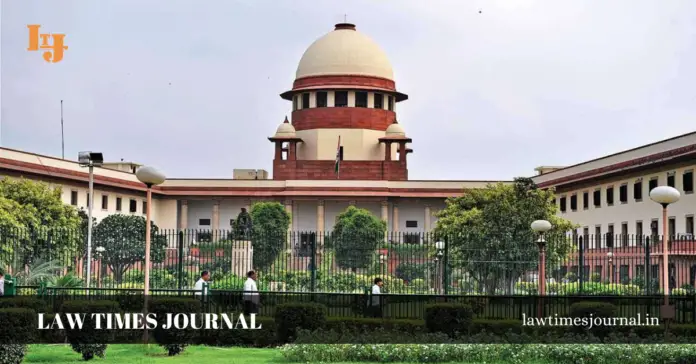
A plea has been filed in the SC seeking transfer of petitions pending before the Rajasthan HC & Delhi HC which have sought uniform age of marriage for both men & women. Filed on behalf of Ashwani Kumar Upadhyay, the plea states that it has been filed in order to avoid multiplicity of litigations and conflicting views of interpretation of Articles 14, 15 & 21 and judgements involving gender justice & equality.
The petitioner ha stated that while men are permitted to marry at the age of 21 years women are permitted to marry at 28. This difference in stipulated age of marriage for men and women is based on patriarchal stereotypes, has no scientific backing, perpetrates de jure and de facto in equality against women and goes complete against the global trends, the petitioner states.
The plea goes on to highlight the provisions under various legislations which stipulate which stipulate the age of marriage as being discriminatory. The petitioner has also elaborated that India’s International Human Rights obligations under the provisions of the Convention on the Elimination of All Forms of Discrimination Against Women (CEDAW) which it ratified in 1993, inform the content of Articles 14, 15 and 21 of the Constitution which obliges state parties take all appropriate measures to modify social and cultural patterns of conduct of men and women with a view to achieving the elimination of prejudices and customary and all other practices which are based on the ideas of inferiority or the superiority of either of the sexes or on stereotypes roles for men and women.
In this context the petitioner has stated that any provision that perpetrates or reinforces discriminatory stereotypes against a class of persons is manifestly arbitrary and a fortiori violative of Articles 14, 15 and 21.
It is further contended that discriminatory provisions should be read down to equalise minimum age of marriage for both men and women at 21 years in light of the global trends that point in this direction.
Alternatively, the petitioner has prayed for a direction to the central government to take appropriate steps to remove the anomalies in the minimum age of marriage and make it gender-neutral, religion-neutral, and uniform for all citizens I spirit of the Articles 14, 15, 21, and International Conventions.








